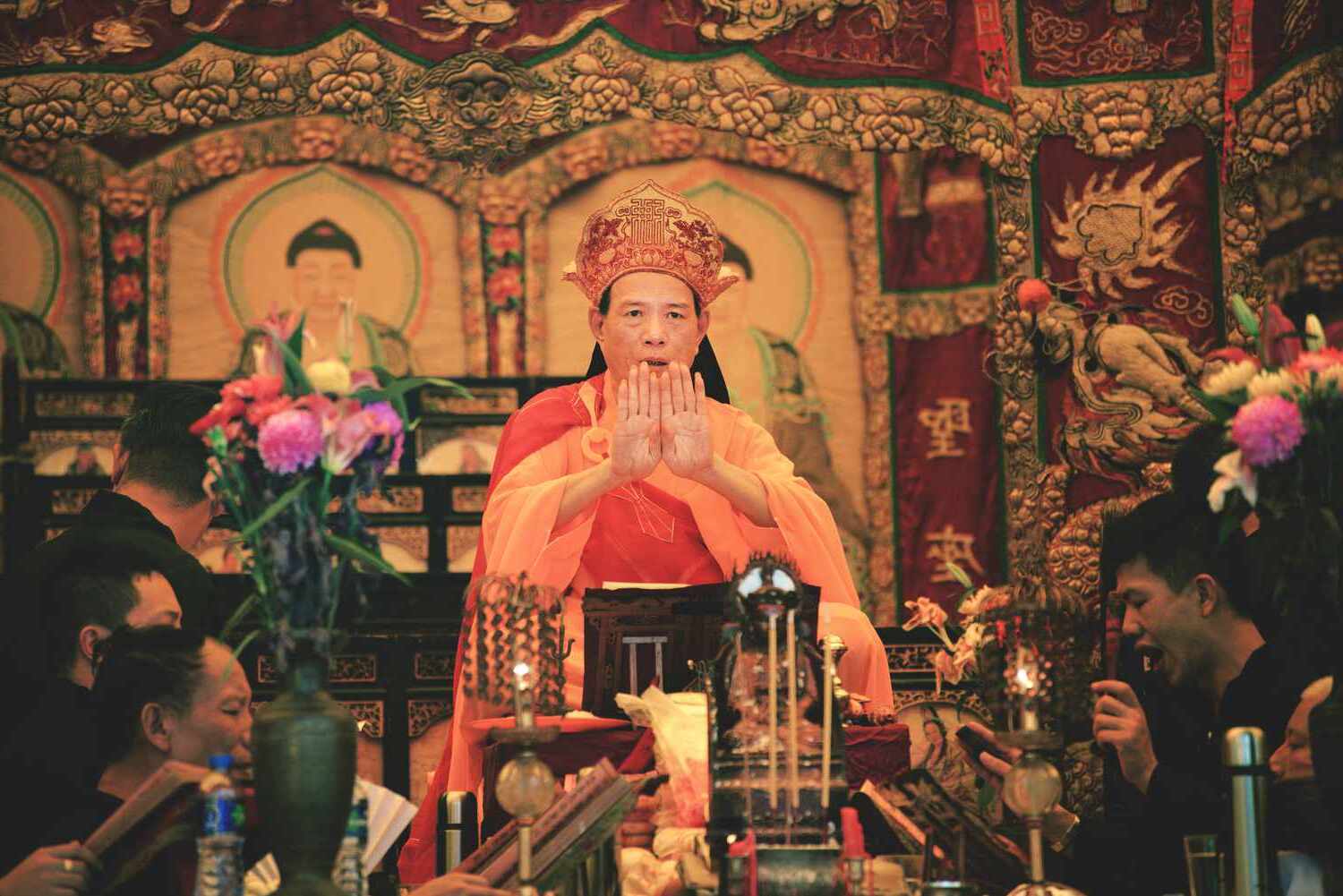
What is Taoism? Taoism, also spelled Daoism, is an ancient Chinese philosophy and spiritual tradition that emphasizes living in harmony with the Tao, which means "the Way." Founded by Laozi in the 6th century BCE, Taoism teaches simplicity, humility, and compassion. Its core text, the Tao Te Ching, offers wisdom on how to live a balanced life. Taoism has influenced Chinese culture, including art, medicine, and politics. Practices like Tai Chi and Qigong stem from Taoist principles, promoting health and inner peace. With its focus on nature and the universe, Taoism encourages followers to align themselves with the natural order.
What is Taoism?
Taoism, also known as Daoism, is an ancient Chinese philosophy and spiritual tradition. It emphasizes living in harmony with the Tao, which means "the Way." Here are some fascinating facts about this profound belief system.
- Origins: Taoism originated in China over 2,500 years ago.
- Founding Text: The foundational text of Taoism is the "Tao Te Ching," attributed to Laozi.
- Laozi: Laozi, meaning "Old Master," is considered the founder of Taoism.
- Zhuangzi: Another key text is the "Zhuangzi," written by the philosopher Zhuang Zhou.
- Yin and Yang: Taoism introduced the concept of Yin and Yang, representing balance and duality in nature.
- Wu Wei: A core principle is "Wu Wei," which means "non-action" or "effortless action."
- Immortality: Taoists believe in the possibility of achieving immortality through spiritual practices.
- Alchemy: Ancient Taoists practiced alchemy, seeking to transform substances and achieve immortality.
- Qi: Qi, or life force, is a central concept in Taoism, believed to flow through all living things.
- Feng Shui: Taoism influenced Feng Shui, the practice of harmonizing individuals with their environment.
Taoist Practices and Beliefs
Taoism encompasses a wide range of practices and beliefs aimed at achieving harmony with the Tao. Here are some key aspects:
- Meditation: Meditation is a common practice to cultivate inner peace and connect with the Tao.
- Tai Chi: Tai Chi, a form of martial arts, is practiced to balance Qi and improve health.
- Dietary Practices: Taoists often follow specific dietary guidelines to maintain health and balance.
- Rituals: Rituals and ceremonies are performed to honor deities and ancestors.
- Temples: Taoist temples are places of worship and community gatherings.
- Deities: Taoism has a rich pantheon of gods and goddesses, each representing different aspects of life and nature.
- Festivals: Taoist festivals celebrate various deities and natural events, such as the Lunar New Year.
- Divination: Practices like I Ching are used for divination and guidance.
- Healing Arts: Taoism has contributed to traditional Chinese medicine, including acupuncture and herbal remedies.
- Nature: Nature is revered in Taoism, with an emphasis on living in harmony with the natural world.
Influence of Taoism
Taoism has had a significant impact on Chinese culture and beyond. Here are some ways it has influenced various aspects of life:
- Literature: Taoist themes are prevalent in Chinese literature and poetry.
- Art: Taoist principles have inspired Chinese painting, calligraphy, and sculpture.
- Philosophy: Taoism has influenced other philosophical traditions, including Confucianism and Buddhism.
- Martial Arts: Many martial arts, such as Kung Fu, incorporate Taoist principles.
- Environmentalism: Modern environmental movements draw inspiration from Taoist views on nature.
- Architecture: Taoist architecture emphasizes harmony with the environment.
- Music: Traditional Chinese music often reflects Taoist themes and principles.
- Education: Taoist teachings are included in Chinese educational curricula.
- Global Reach: Taoism has spread beyond China, influencing spiritual practices worldwide.
- Modern Adaptations: Contemporary interpretations of Taoism continue to evolve, blending with other spiritual traditions.
Taoism in Daily Life
Taoism offers practical guidance for daily living, emphasizing simplicity and mindfulness. Here are some ways it can be applied:
- Simplicity: Taoism advocates for a simple, uncluttered lifestyle.
- Mindfulness: Being present and mindful in daily activities is encouraged.
- Compassion: Taoism teaches compassion and kindness towards others.
Taoism's rich history and profound teachings continue to inspire and guide people around the world.
Final Thoughts on Taoism
Taoism offers a unique perspective on life, emphasizing harmony with nature and the universe. Its teachings encourage simplicity, humility, and compassion, providing a refreshing contrast to the hustle and bustle of modern life. From the Tao Te Ching to the concept of Wu Wei, Taoism's principles can inspire a more balanced and mindful approach to daily living. Whether you're seeking spiritual growth or just curious about different philosophies, exploring Taoism can be a rewarding journey. Remember, it's not just about reading texts but also about applying these teachings in real life. So, take a moment to breathe, observe, and align yourself with the natural flow of things. Taoism isn't just a philosophy; it's a way of life that can bring peace and clarity to anyone willing to embrace its wisdom.
Was this page helpful?
Our commitment to delivering trustworthy and engaging content is at the heart of what we do. Each fact on our site is contributed by real users like you, bringing a wealth of diverse insights and information. To ensure the highest standards of accuracy and reliability, our dedicated editors meticulously review each submission. This process guarantees that the facts we share are not only fascinating but also credible. Trust in our commitment to quality and authenticity as you explore and learn with us.


